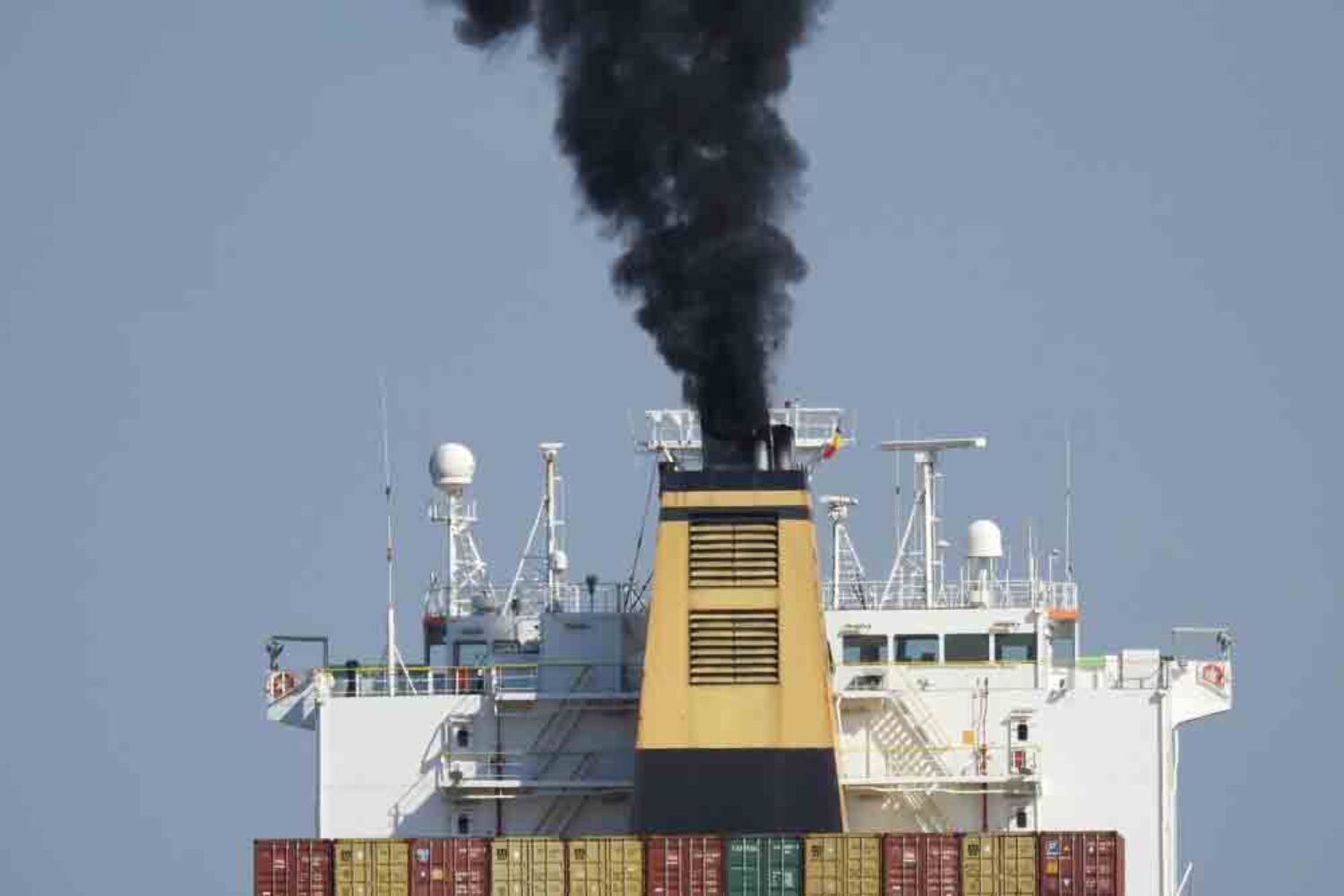Green methanol will play a key role on the road to climate-neutral shipping, according to a study conducted by the DLR Institute of Maritime Energy Systems on behalf of Greenpeace.
According to the study, CO2 emissions can be reduced by 96% over the entire life cycle of ships by switching to green methanol.
In terms of ships sailing in German waters, this corresponds to 9.2 million tons of CO2 – more than is emitted each year in a city the size of Cologne. According to the study, the maximum demand for green methanol for the fleet examined is 5.7 million tons per year.
Unlike hydrogen or ammonia, for example, methanol is easy to handle and technically ready for use, according to the study. From this Monday, the UN shipping organization IMO will be negotiating new climate protection rules in London. “Green methanol can point the way to a climate-friendly future for shipping,” says Greenpeace spokesperson Clara Thompson.
“To ensure that the transition in shipping picks up speed now, the IMO should adopt binding quotas for the use of alternative fuels. And there needs to be a CO2 price that reflects the climate benefits of green methanol compared to fossil fuels. Companies must be able to rely on investments in the production of green methanol being worthwhile in the long term.”
International shipping, which runs almost exclusively on fossil fuels, is responsible for around 3% of all greenhouse gases worldwide. Added to this are large quantities of harmful air pollutants such as nitrogen oxides (NOx) and sulphur oxides (SOx). The Greenpeace study highlights the importance of green methanol on the road to climate-neutral shipping by 2050. The industrial alcohol methanol is easy to handle in ports and poses few environmental risks. Existing ship engines could easily be converted to methanol. And green methanol can be produced in a climate-neutral way using renewable energy.
“Beluga 2” is being converted to methanol fuel cells
Greenpeace is currently converting its campaign ship “Beluga 2”. As one of the first ships in its class, the diesel drive of the 30-meter clipper is being replaced by four methanol fuel cells. In future, the motor sailer will increasingly operate completely emission-free. The ship is dependent on a growing supply of green methanol. “We want to show that even a smaller ship like the Beluga can sail without climate-damaging oil,” says Thompson. “To do this, we will need green methanol in the future, which has hardly been available on the fuel market to date. It will be a task for the next German government to accelerate its widespread introduction with clever incentives.”
Large shipping companies such as the Danish Maersk Group are already converting their container fleets to methanol as an alternative fuel. However, binding standards for alternative fuels have so far been lacking. Greenpeace is calling on the IMO to rule out false solutions such as liquefied natural gas (LNG) or biomethanol. It should prevent the industry from continuing to rely on fossil or agro-based fuels, which harm the climate and destroy valuable ecosystems.













